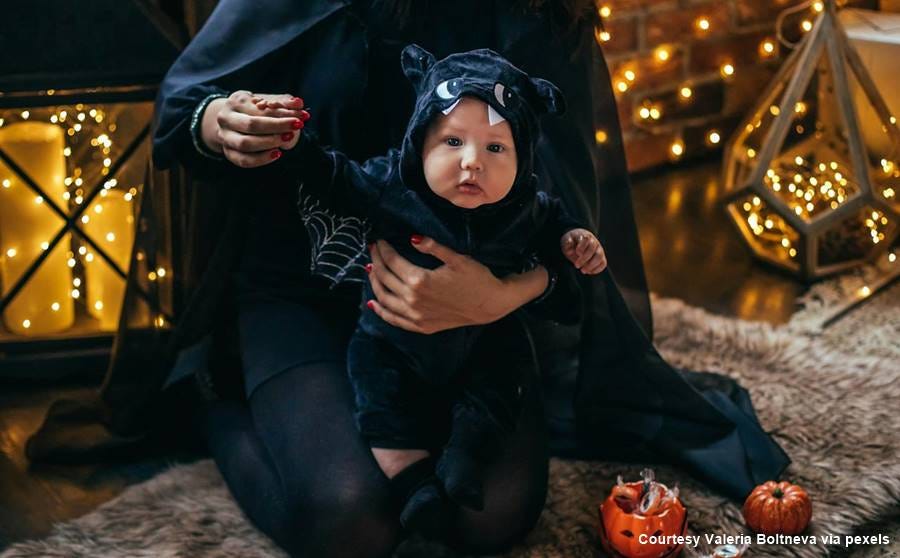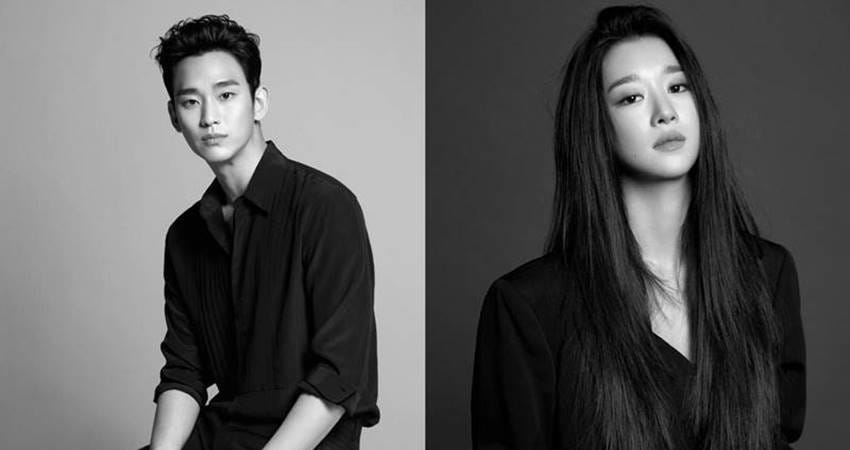For those who participate in Halloween, I hope you had a good one yesterday. Mine was fine, except for the part that wasn’t. Not a huge deal, but it triggered memories of earlier Halloweens where we had racist Trick or Treaters.
I shared this on Threads yesterday:
A friend asked me if he was racist. I don’t know. He didn’t behave this way to my white neighbors, so maybe? Or he could’ve just been a jerk?
It almost doesn’t matter if he was or wasn’t. What does matter is that some of us have been harboring residual trauma from decades of anti-Asian hate. All it takes is a small, seemingly unrelated incident to make us feel helpless and a bit triggered (to sound like a ‘snowflake,’ I suppose).
My first memory of Halloween is from when we were new to the United States and my grandfather — who had moved in with us to watch me while my parents worked — called my father at work in a panic. He said children were at our door begging for candy and we didn’t have any.
At that time, Halloween wasn’t a thing in South Korea. So the idea that American kids were going from door to door asking for treats was literally a foreign concept for my 할아버지. Not wanting to disappoint the children, he ended up giving each child a nickel (which at the time could buy a nice selection of candy). The kids left happy.
I remember when I was maybe 15 or so, I answered our door to pass out candy to some high school boys. They were tall, loud and rude. One made a huge show of being disgusted by the smell of the dinner my mother was cooking. He made racist remarks about what it must be.
Reader, it was bulgogi and it was delicious.
I wish I had told the boy to go home and eat the ground-hooves-lips-and-snouts that his mom was making for their non-disgusting hot dog dinner. (And I say this as someone who really likes hot dogs, but also realizes that the makeup of that meat-like substance is absolutely disgusting.) But, alas, I was scared of him. All of them, actually.
Before I could shut the door on them, he and his friends grabbed the basket of candy I was holding and took almost all of it. As they ran away, I could hear them ching chonging me.
I was filled with a combination of rage and shame that most likely could have been assuaged by dropkicking their huge blockheads across the street. But that was just a fleeting thought. I was outnumbered and smaller than them. My brother was away in college. And I didn’t want to worry my parents, because I wanted to protect them from these racist shitheads.
After his friends ran off, one of the boys apologized, which was a nice — but ultimately empty — gesture. Apologizing after the fact does nothing to stop racism. Maybe it absolved the guilt-by-association that he felt. But it didn’t address the real issues: his blond friends who he watched verbally abuse me.
Maybe he was scared of them, too.
Halloween is a weird day for me. As an adult, I love seeing all the kids in their creative costumes and watching them get excited about getting to choose which candy they’d like to take home. They are full of please and thank you. The teenage boys, too.
But what I have realized is that all those memories that I internalized were traumatic for my younger self and, in some ways, they still are. People deal with damage in different ways. My sister, for instance, said she doesn’t remember all these things happening to her. They did, but she chose to forgive and was able to forget.
I used to daydream about how I could fight back. If I could go back in time, I’d hand tween Jae a pair of nunchucks and show her how to use them. *Just for science, you know?
* Because someone will inevitably misunderstand: Clearly, I am not advocating for the actual use of violence. What I am advocating for is the dissolution of assholery.
Anti-Asian xenophobia in the U.S.
Every so often, I get comments like this:
It doesn’t matter what they’re responding to. It could be about a K-pop group or a socio-political event. But the fact that go back to where you came from is the default answer for so many of these xenophobic people says something.
And truthfully, sometimes I wish my family had never left South Korea. Some friends have said, “But Korea has issues, too!” This is absolutely true. However, in Korea, I would be in the majority and most likely would never have experienced racism. There is something deeply comforting about that thought.
Thinking about this, I wanted to share this bit from the American Psychological Association, which explains some of the reasons as to why Asian Americans are viewed as easy targets:
Anti-Asian xenophobia and bias in the United States dates back to the 19th century, when the Page and Chinese Exclusion Acts shut out would-be immigrants, and peaked during World War II with the forced incarceration of Japanese Americans. To this day, AAPI individuals face harassment rooted in that racist history, including the “perpetual foreigner” stereotype, which tags them as outsiders who will never be truly American (Armenta, B. E., et al., Cultural Diversity and Ethnic Minority Psychology, Vol. 19, No. 2, 2013).
“The notion that Asian Americans are foreigners and outsiders makes it easier for them to be seen as ‘reasonable’ targets where people can direct frustration, anger, fear, and aggression, including the spate of xenophobia and anti-Asian violence we have seen during this pandemic,” said Hsiu-Lan Cheng, PhD, an associate professor of counseling psychology at the University of San Francisco.
Another stereotype that contributes to ongoing anti-Asian bias and hate is the “model minority” myth, the idea that Asian Americans are unilaterally successful and well adapted because they are quiet, submissive, and hard-working. In fact, the stereotype was manufactured during the civil rights movement to weaponize Asian Americans against Black Americans, and it masks the diversity of the AAPI experience, said Sherry Wang, PhD, an associate professor of counseling psychology at Santa Clara University.
© 2024 JAE-HA KIM | All Rights Reserved








Thank you for sharing your experience. It is painful to read, and so how much more painful it must have been to experience.
I too thank you for being vulnerable and continuing to share what you enjoy so we can all enjoy it together to spite those haters